My head is still reeling from all the excitement and interaction that took place last weekend in Berlin at Ableton’s Loop summit for music makers. Even though Ableton unveiled some inspiring new products, Live 9.5 and Push 2, the cynosure was not overtly about Ableton or their products. Instead the summit focused on the collective exploration of what it is to make music today and to explore what it could be tomorrow.
1. Failure Equals Success
In the opening discussion with Robert Henke, co-developer of Ableton Live and founding member of the electronic music project Monolake, he presented the idea that failure equals success. Evolution can be a painful growing progress at times but instead of resenting failure, use it as a catalyst for change. Henke reflected that, “If you’re failing, it means you’re tying something new.”
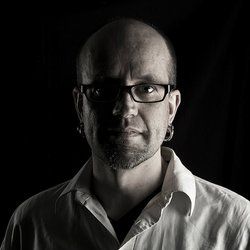
Robert Henke, co-developer of Ableton Live.
Often, we are reluctant to experiment and try unfamiliar approaches. We get thwarted worrying our ideas will fail or we simply continue to work in a way that remains safe and comfortable. Such patterns of thinking are obstacles and most often do not lead to innovative creative progress. Instead of triggering trepidation, think of failure as an opportunity to rethink strategy and start again.
2. Fill the Void
Just because we have the technical capabilities to do everything ourselves, doesn’t mean that we necessarily should. Most of us are better adept with certain aspects of production, performance, business than others. Very few are great at everything.
Legendary engineer, Young Guru advises us to “Fill the Void.” Find people to help you with the aspects of your work that you’re less proficient at. Forming a community around you of people with complimentary ideas and skill sets will add depth and dimension to your production.
If you’re wanting or needing to work alone or still searching for those people to help, fill the void with knowledge and information. We have so many resources at our disposal. Get online, reach out and search for specifics to help dial it in.
3. Don’t Get Too Attached
Members of TeamSupreme dropped some firsthand knowledge regarding attachment, or rather the lack thereof. By forming a weekly beatmaking competition, this powerful collective met steadfast deadlines that moved their productions to the next level in a very short amount of time.
Set a realistic threshold for your production and get competent at honing your skills by working fast and efficiently. Aim for quality but don’t get paralyzed if not everything you do is brilliant.
Follow through and develop a practice of finishing work by setting deadlines. Do this regularly and consistently. Our brains are fully changeable based on habits. Focused, daily practice leads to results and by finishing work you’ll have a record of your progress to look back on.
It might help to think of this as exercise. The more you train, the deeper you go. Phoebe Kiddo paraphrased David Lynch, “We must go deeper to catch big fish.”
4. Breaking Convention
Experimentation, breaking convention, and pushing the limits were other hugely important reoccurring topics at Loop. Holly Herndon advises, “Push to places you’re uncomfortable but are still you.”
Don’t be afraid to pioneer new ventures. Trying out unfamiliar ideas will keep your work fresh. This means you’ll be more inspired to do whatever it is you do. Consequently, it’s more likely that if you’re inspired by what you do, others will be too.
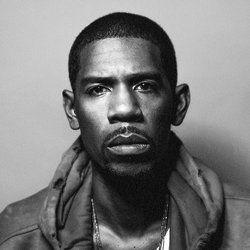
Young Guru encourages producers to steer away from using presets.
Young Guru encouraged producers to steer away from using presets and just straight outright sampling. Instead strive to achieve something original by digging deeper and figuring out something the tool wasn’t designed to do.
5. Digital Attention Disorder
Find yourself stoping work to check messages, emails, social media and other notifications all too often? We’ve gotten so used to multitasking and giving our attention short bursts across many things at once. Are we losing our attention spans?
Phoebe Kiddo discussed how regular meditation practice can help us focus more clearly, enabling us to go deeper creatively into our projects and filter out distraction. Mindfulness brings awareness and helps us to build stronger positive neurological pathways. Meditation is exercise for our brains and strengthens cognitive control.
Phoebe shared, “Big achievements start from small habits.” Build a routine meditation practice for yourself. Start with short sessions and focus on your breathing. Try to avoid letting your mind wander… if you become distracted, simply acknowledge this and return your focus.
6. More Interactive Performance
For those of you that are performers, interactive performance is where it’s at and where it’s headed. Electronic music is no longer a novelty in its own right. To have a convincing, inspired, up-to-date performance, we need to dive deeper.
James Holden addressed the significance of improvisation and real-time interaction. The concept of your work is number one as it helps to generate a bi-directional relationship between the performer and audience.
Young Guru advised us to handle each event, person, artist as an individual unique experience. By allowing yourself room to improvise, you’re able to tailor your performance based on the audience, venue, occasion, specific task, etc. This imparts a distinct occurrence for the performer, the audience and makes it more creative, interesting and convincing all around.
In the closing keynote presentation, Ableton announced Link, a technology that keeps devices in time over a wired or wireless network. Seeing this as one of the company’s focal points is encouraging. Electronic musicians can now play more like bands using traditional instruments. No one needs to be the sync master and all linked members can contribute equally. In turn, this gives musicians additional technical means to strive for more fluidity and flexibility for collaboration and improvisation.
7. Open Your Work Up to the Public
TeamSupreme revealed that the tipping point for their success happened when they opened their beat competition up to the public.
Find a way to collaborate on a larger scale. Open up your project in ways that others can contribute. You’ll be spreading your art and at the same time building a community around you. The results of doing such will inspire you and others in the community to push each other forward. It’s no longer about being guarded, secretive and exclusive… it’s about connecting, sharing, supporting, and inclusivity.
8. It’s Not Meant to be Easy
In the closing address, Gerhard Behles, Ableton's CEO and chief visionary, expressed that they are not trying to make Push 2 any quicker or easy to master… they are trying to make it rewarding. It requires the same dedication, effort and practice as learning any other instrument.
For me, this ties everything together. From listening to panelists, attending workshops, conversations amongst attendees, it was evident that a lot of dedication, innovative thought, routine practice and perseverance has gone into what has made these artists and music technologists the leading edge of music production, performance and technology.


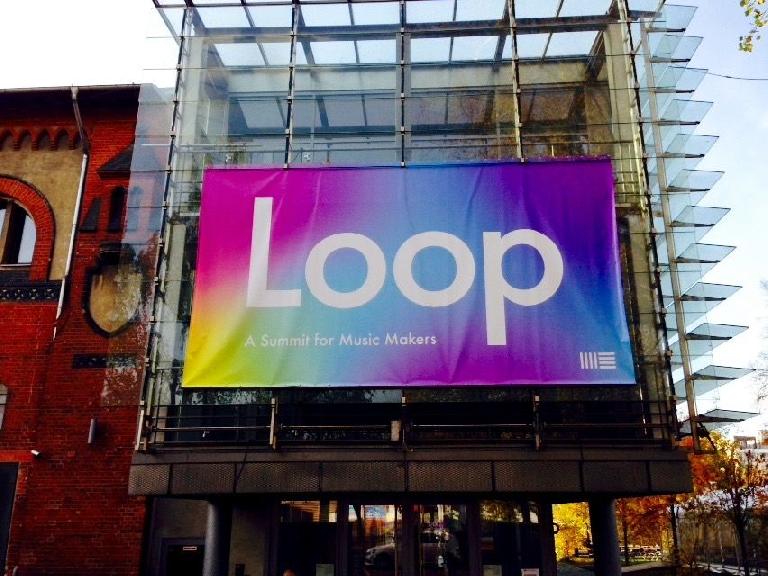
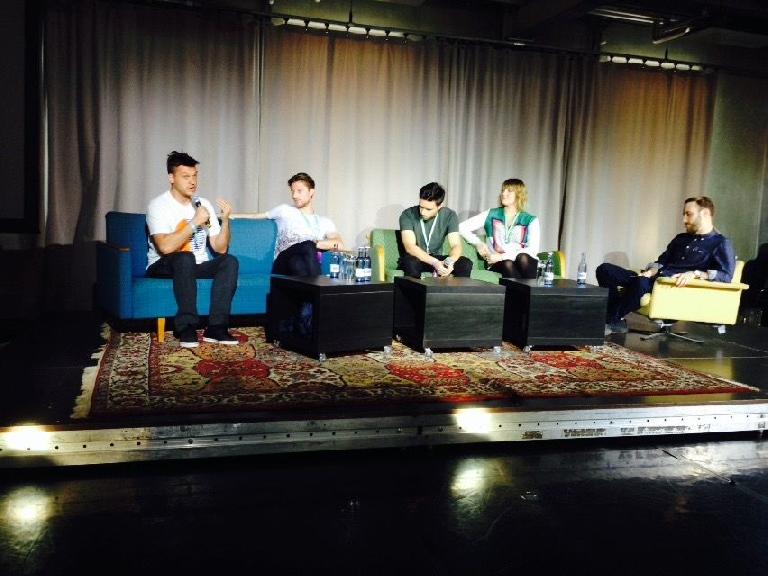
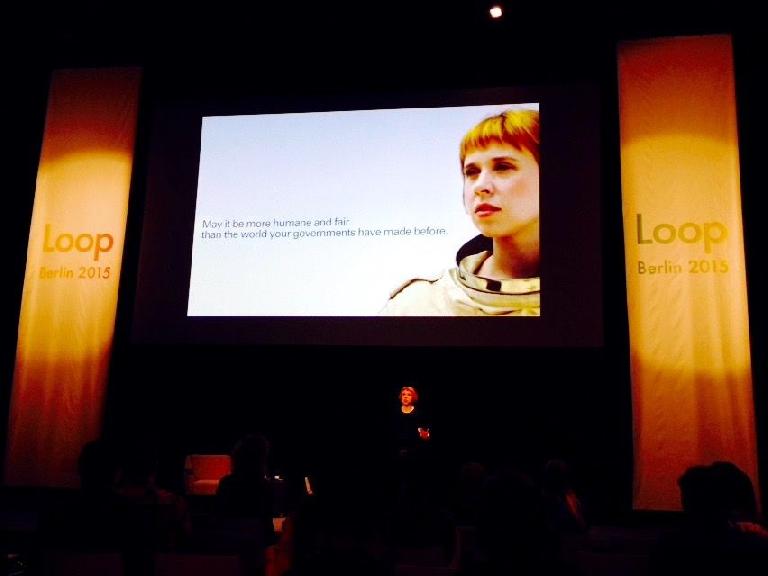
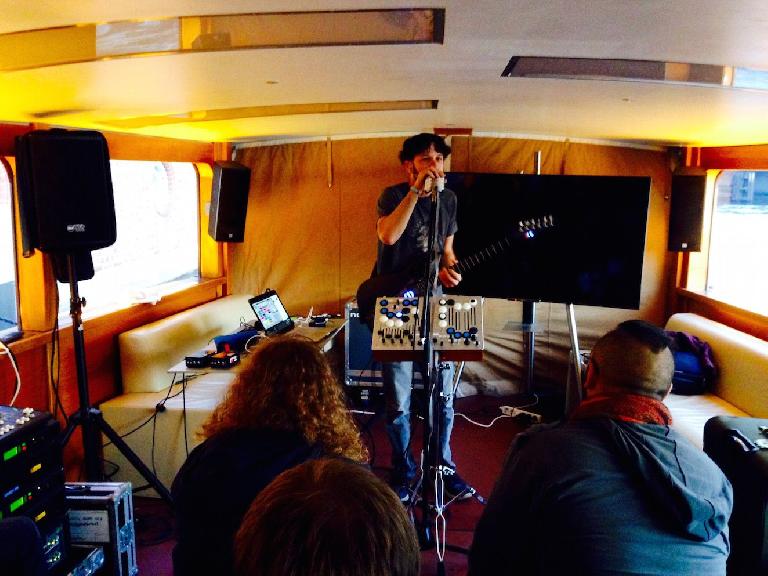
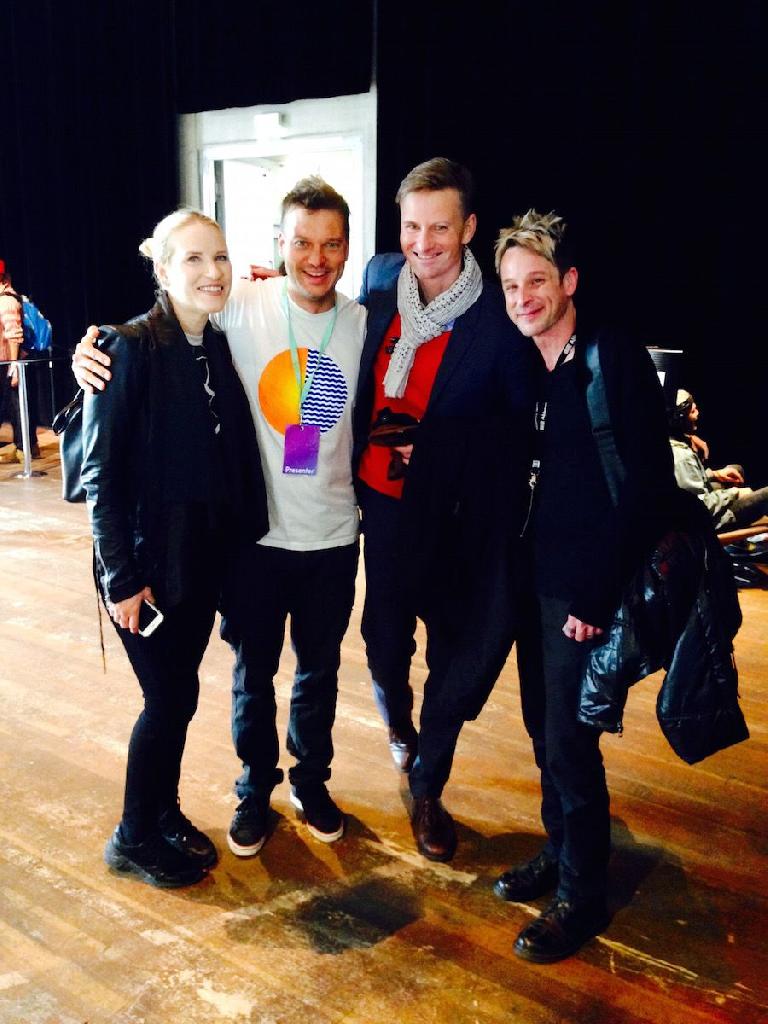
 © 2024 Ask.Audio
A NonLinear Educating Company
© 2024 Ask.Audio
A NonLinear Educating Company
Discussion
Want to join the discussion?
Create an account or login to get started!